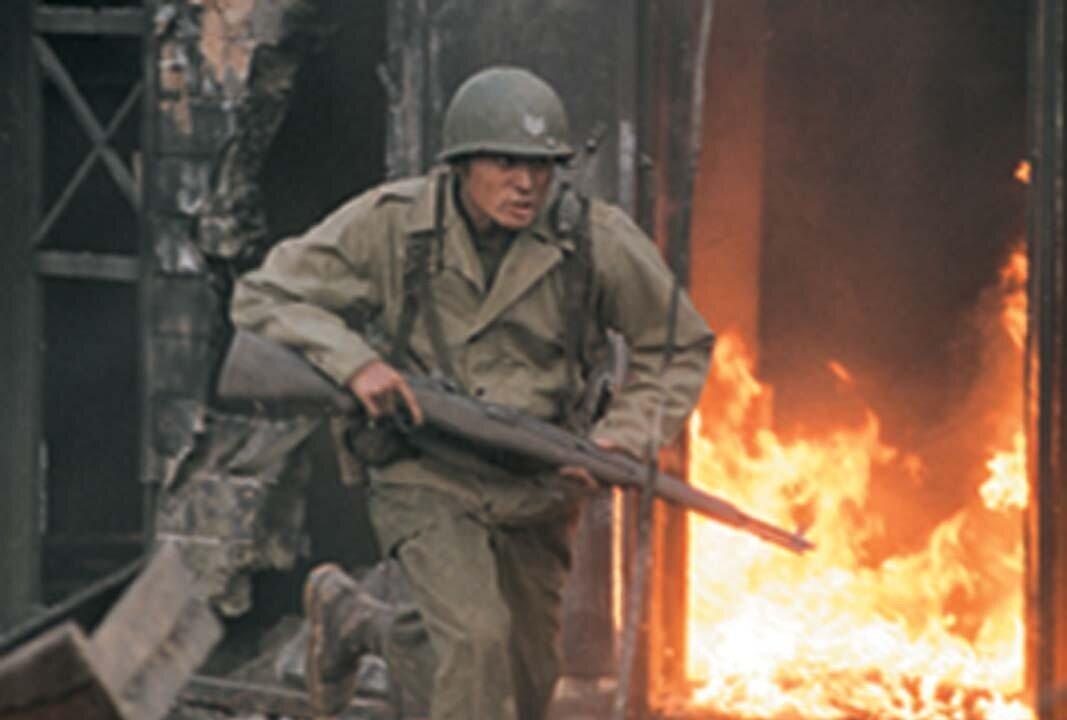R | 2h 20m | Action, Drama, War | 2004
In my recent review of director Samuel Fuller’s 1951 war drama, “The Steel Helmet,” I mentioned how the Korean War (1950–1953) has been largely ignored, both historically and cinematically. Just as World War I was overshadowed by World War II (although that has changed in more recent years), the Korean War has long been eclipsed by the Vietnam War, which kicked off just a few years after the Korean conflict ended.






